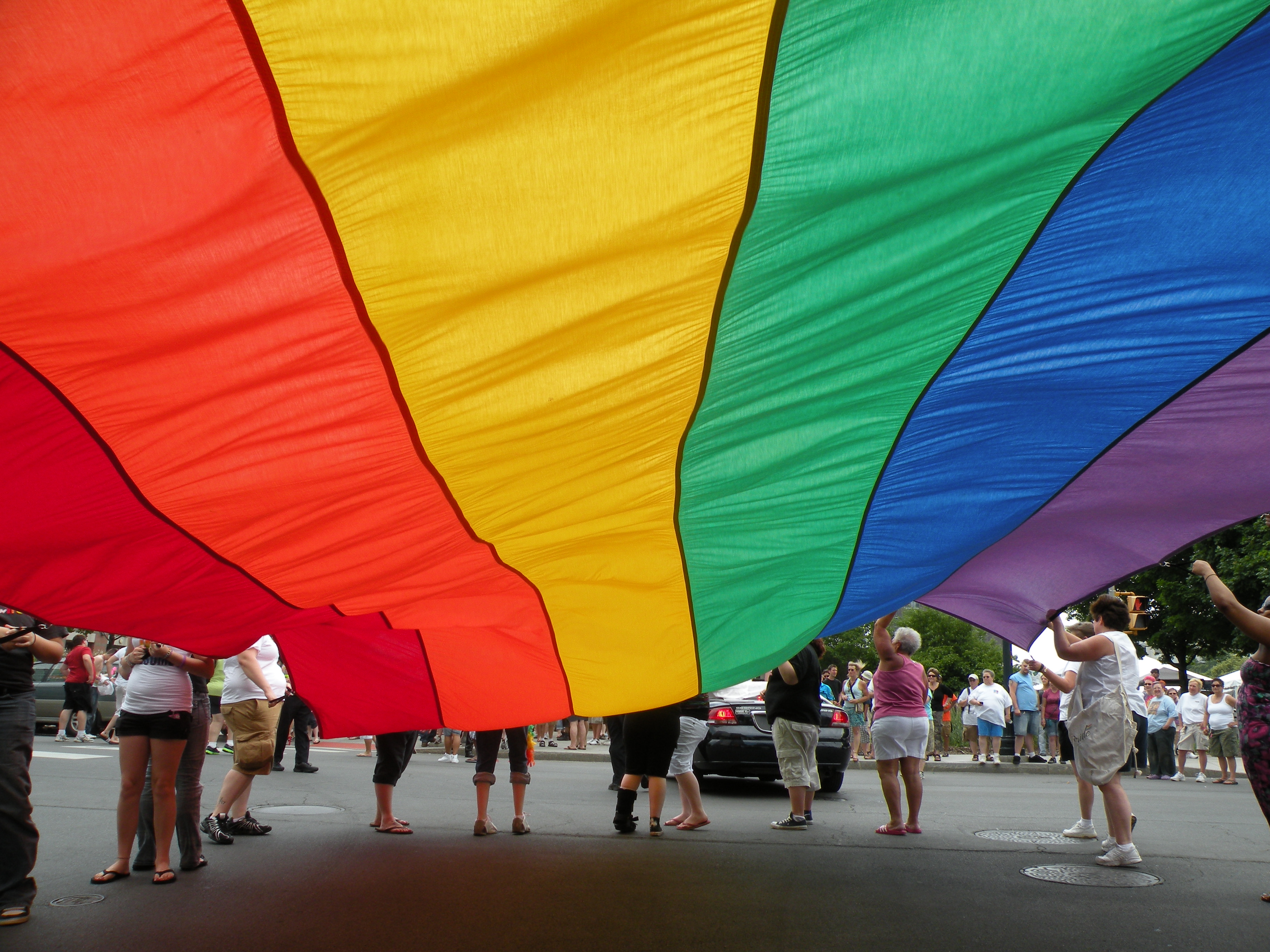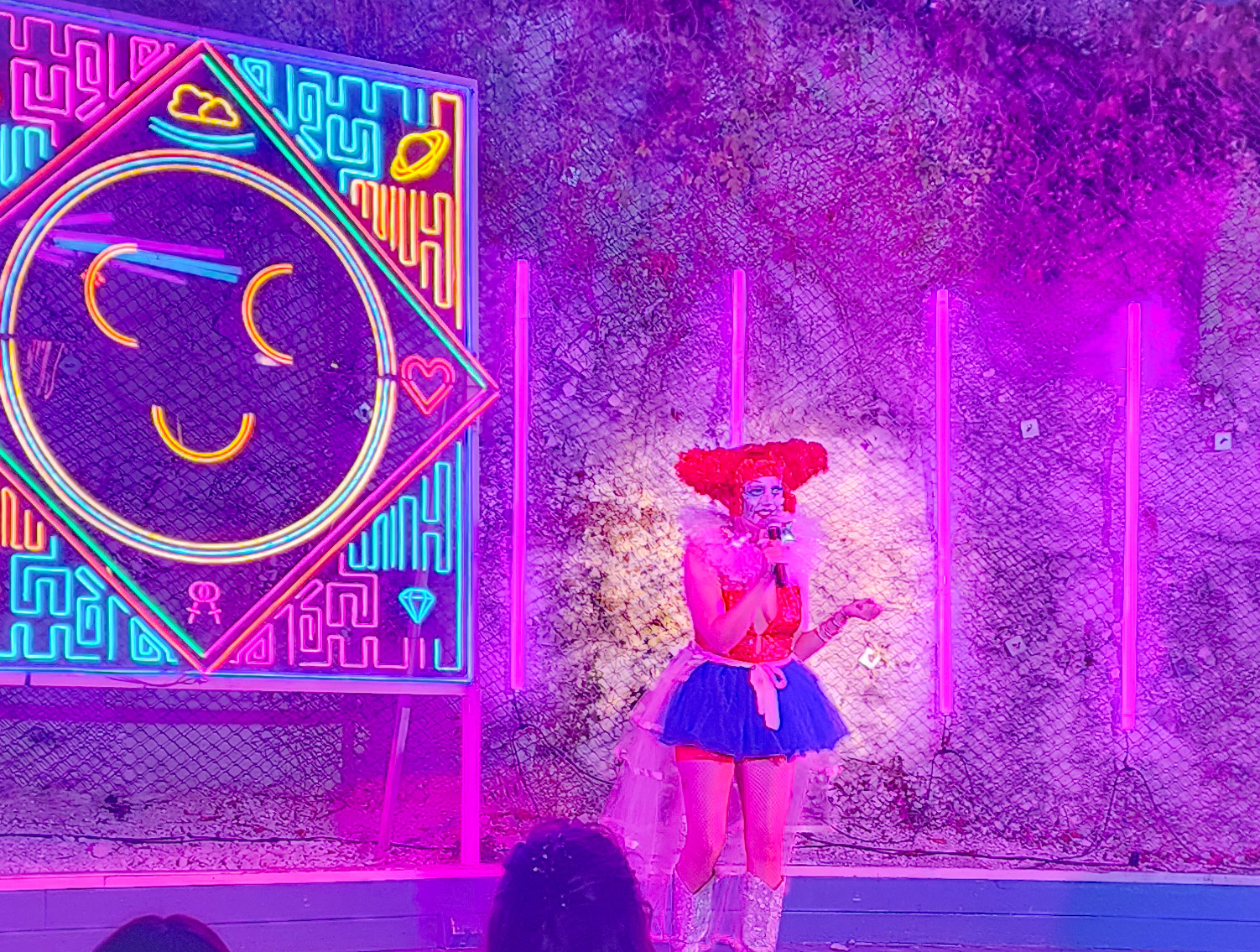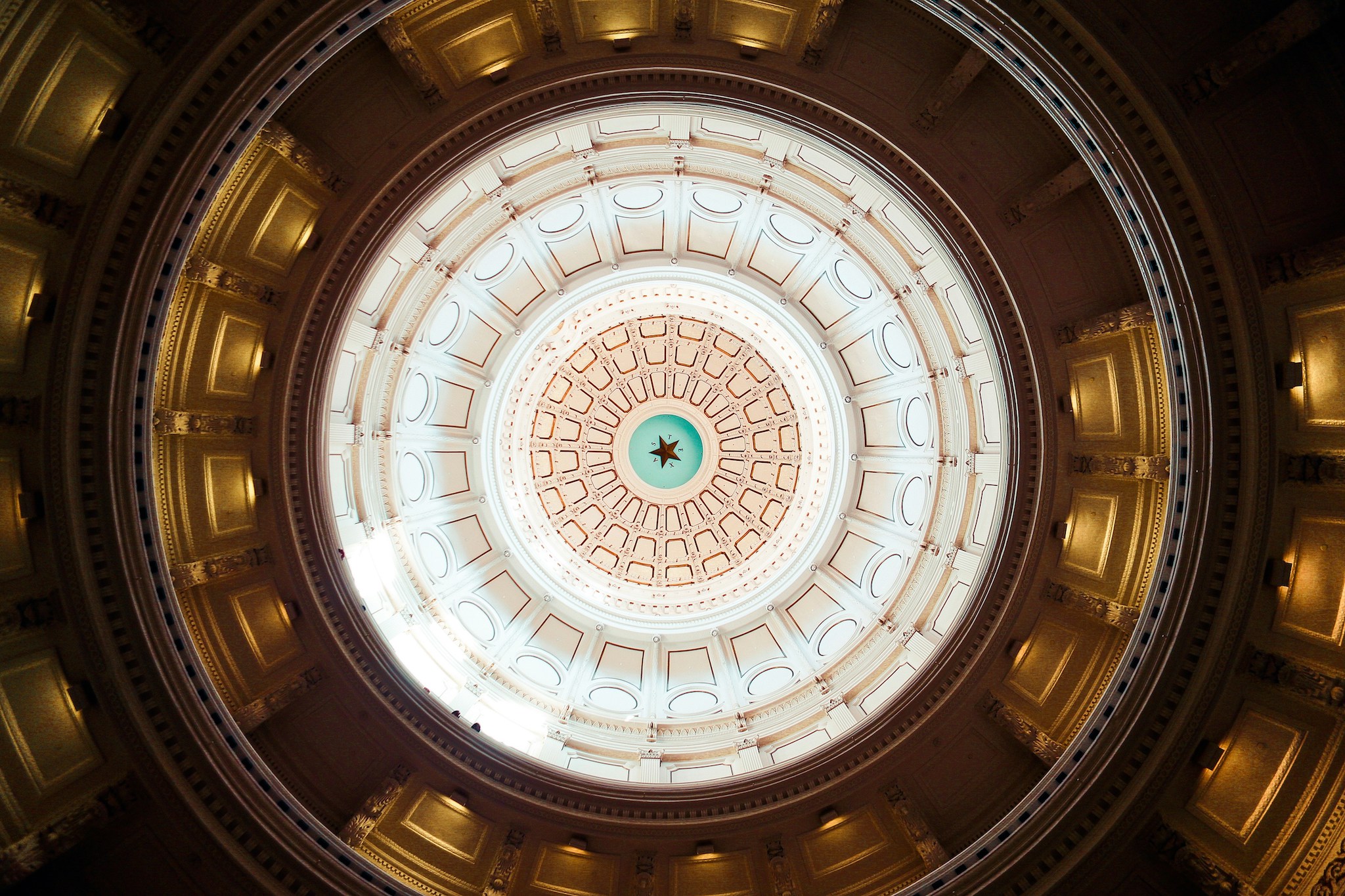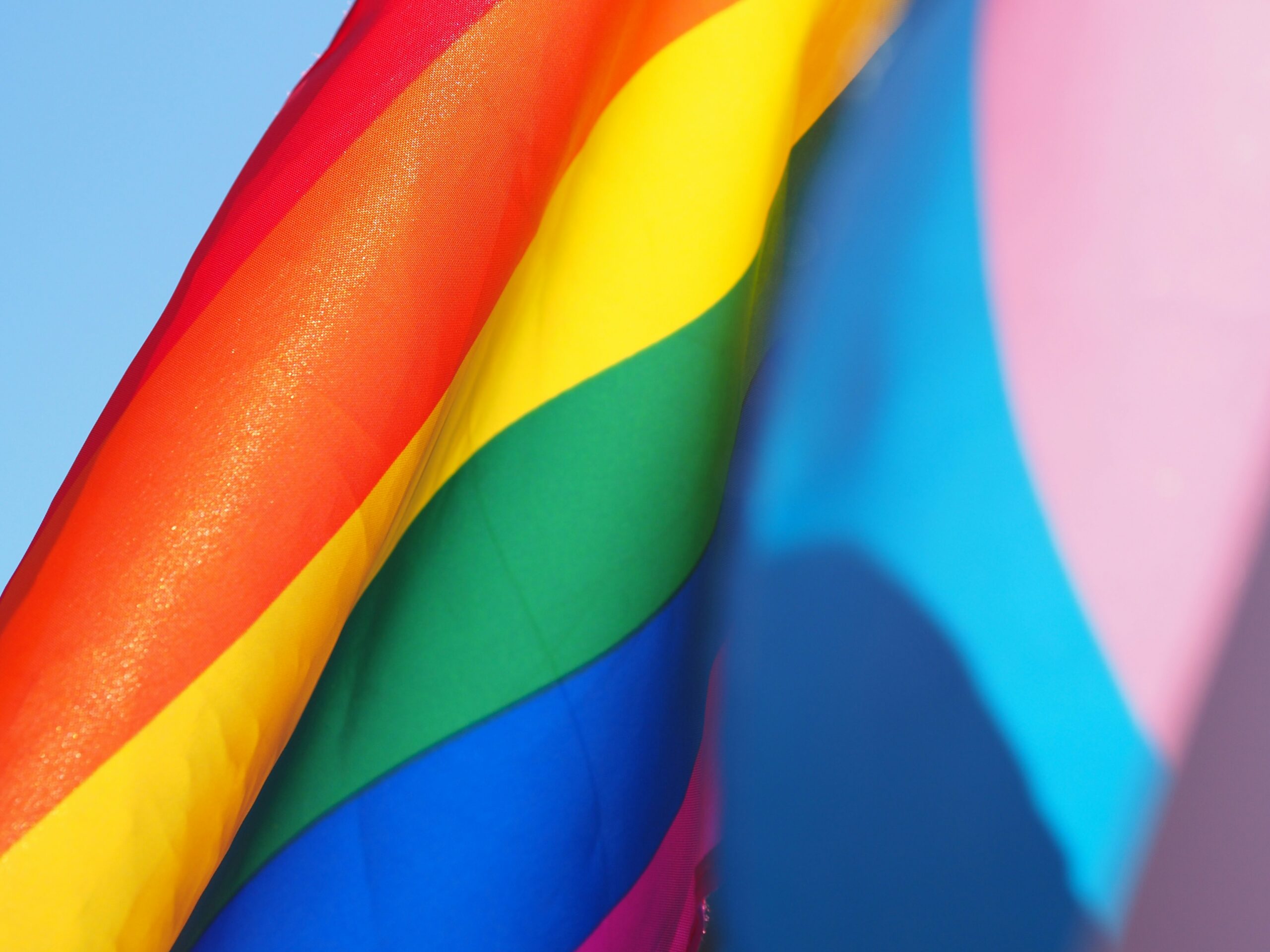Local advocates for equality are fighting back as the rights of LGBTQ+ Texans are under attack again at the Texas Legislature – including by a bill up for a key House vote today.
A bill-tracking site maintained by the nonprofit Equality Texas shows that lawmakers filed more than 200 anti-LGBTQ+ bills before the March 14 filing deadline. Most of those bills, which mainly target the rights of trans people, never will reach Governor Greg Abbott’s desk. But a few are marching through the legislature, which ends its current sessions on May 30.
One top concern of the trans community is SB 240, which would restrict transgender people’s use of bathrooms or locker rooms in such public places as schools, domestic violence shelters, prisons or government buildings.




